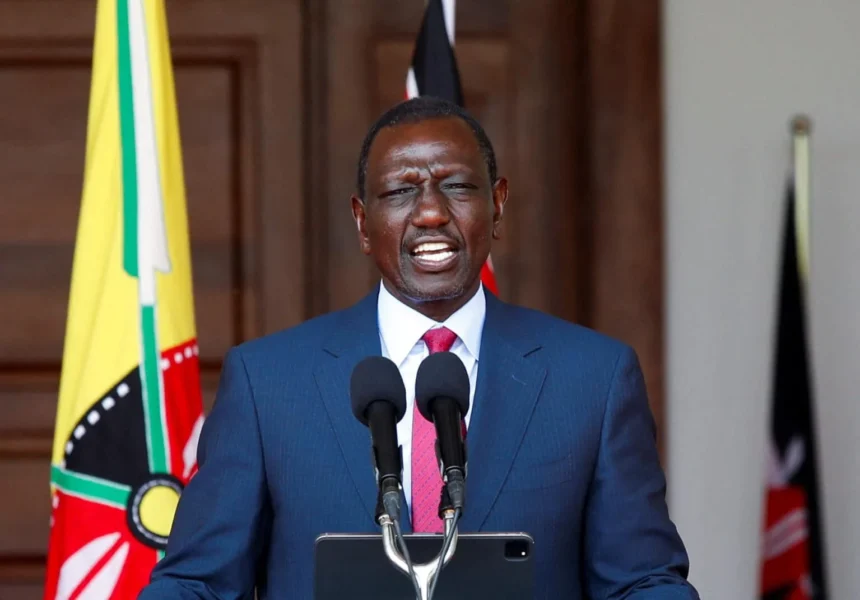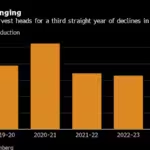Kenya is set to reintroduce some of the tax measures which were initially scrapped by President William Ruto after deadly nationwide protests.
Recall that Kenya had witnessed nationwide demonstrations in reaction to the Finance bill which introduced a controversial housing tax, levy on bread and diapers, doubled value-added tax on fuel and increased the rate for the top salary-tax band to 35 percent.
The bill was introduced as part of an agreement with the International Monetary Fund, to shore up tax collection and address Kenya’s debt crisis. However, the Finance bill triggered widespread protests across Kenya. These protests heaped pressure on President Ruto as he was forced to withdraw the bill, reshuffle his cabinet and sack the then-Treasury Secretary Njuguna Ndung’u.
Few months after it was scrapped, the Kenyan government plans to reintroduce some sections of the bill to members of parliament. The government is hoping to raise $1.2 billion, widen the tax net and reduce borrowing.
- Advertisement -
The new bill will bring back some parts of the scrapped Finance bill including an Eco Levy on most goods. Also, the government said a public consultation will be done in order to avoid a repeat of the protests which halted economic activities in for weeks.
The reintroductions of these tax measures has raised a debate about whether or not the nationwide protests achieved any result. Also, some analysts say the tax measures are inevitable given the growing government expenditure and the need to address the country’s growing debt profile. On the other side, some argue that the Kenyan government need to cut cost of governance to address its revenue crisis.
Like many of its counterparts in Africa, Kenya is facing major economic crisis which William Ruto says might force the government to borrow more. If it does so, it would further deepen the debt problem which is alreay at over 70% to GDP ratio.










